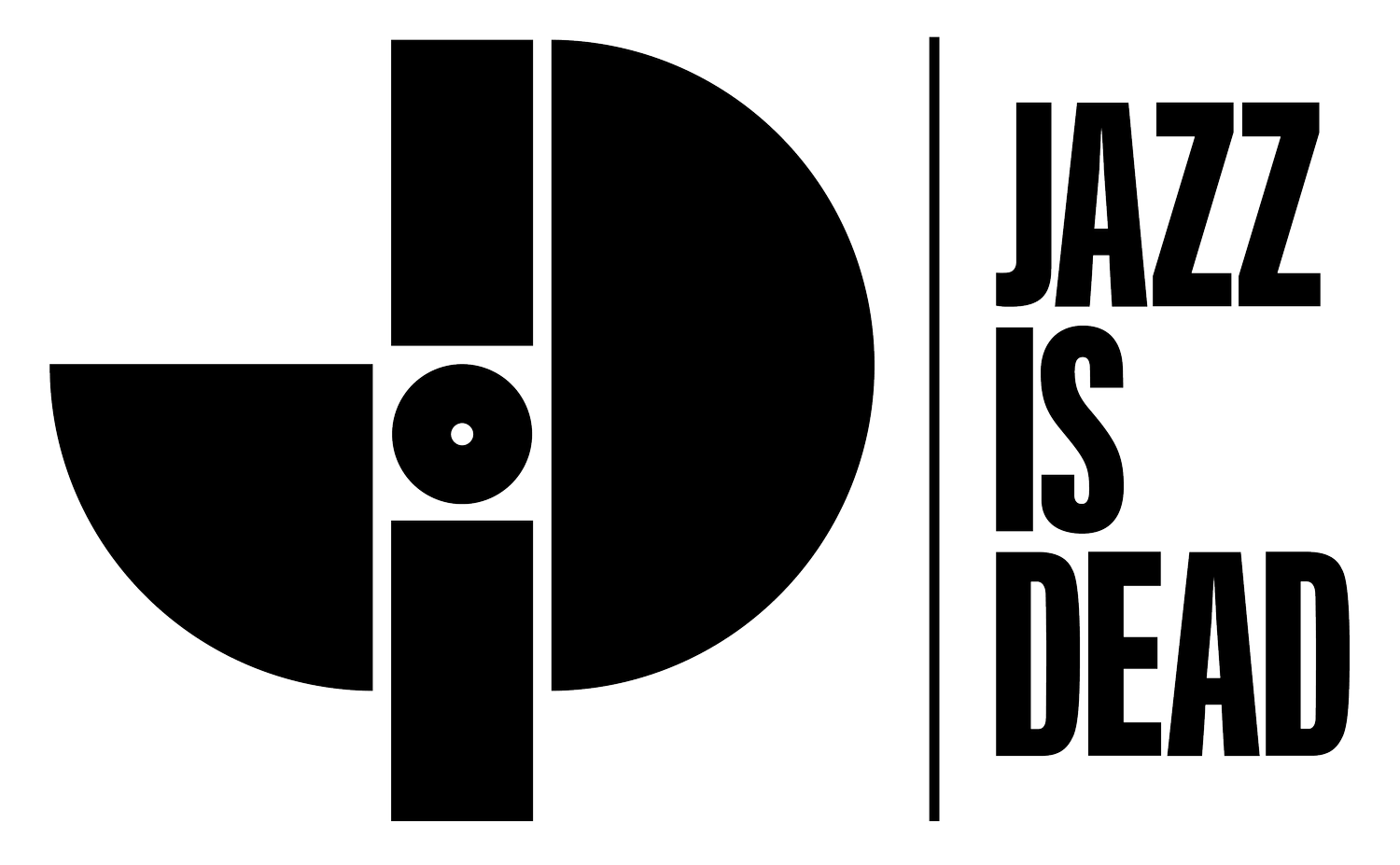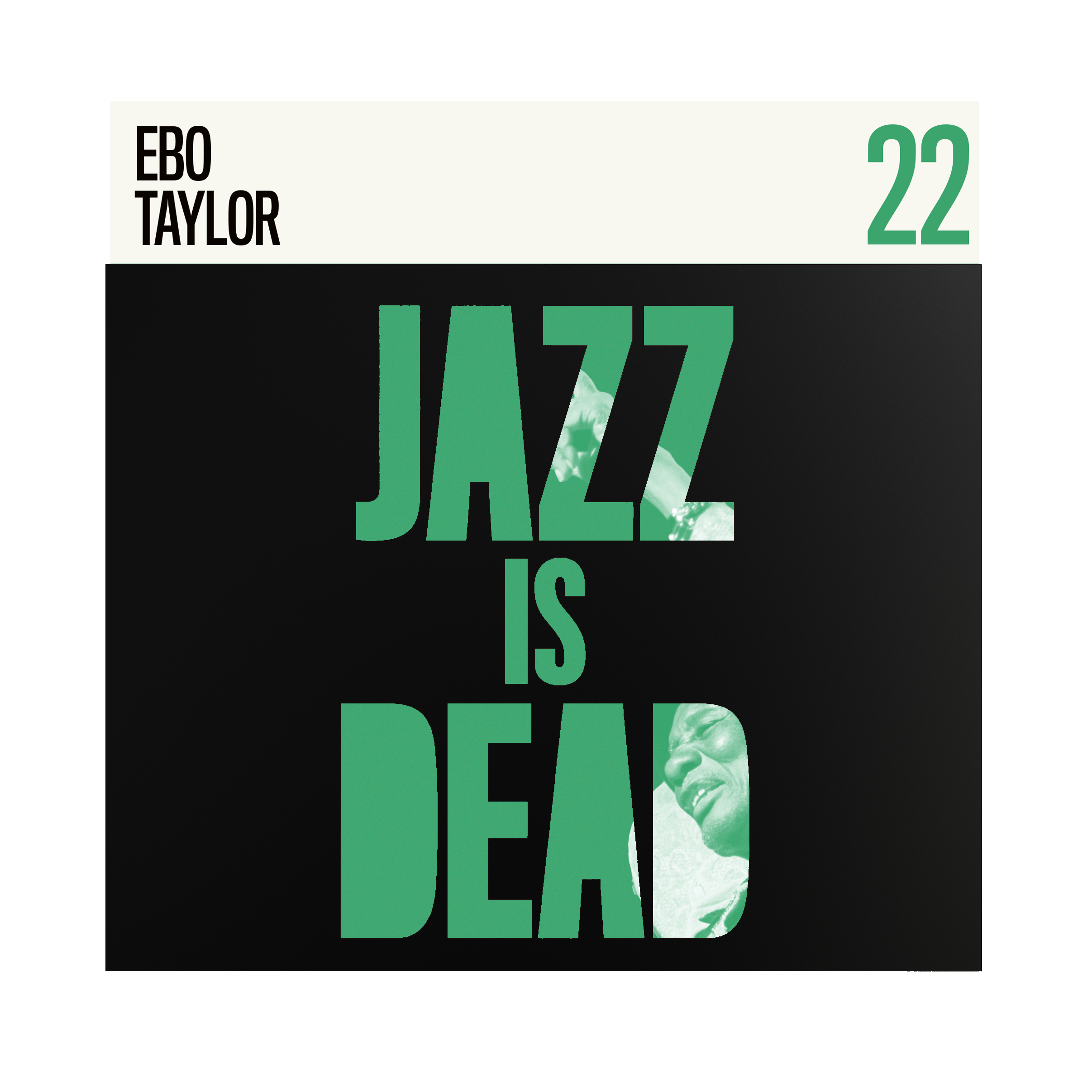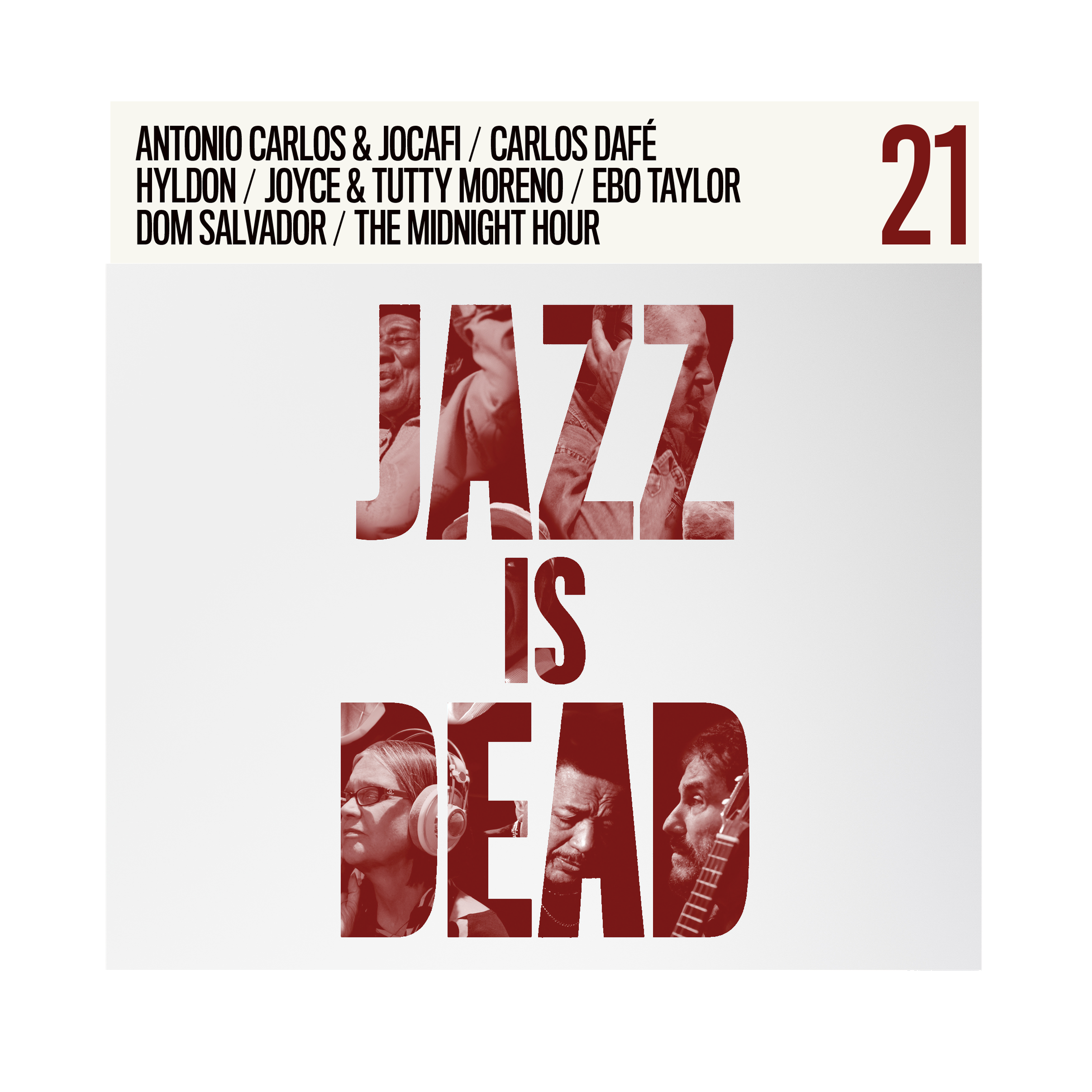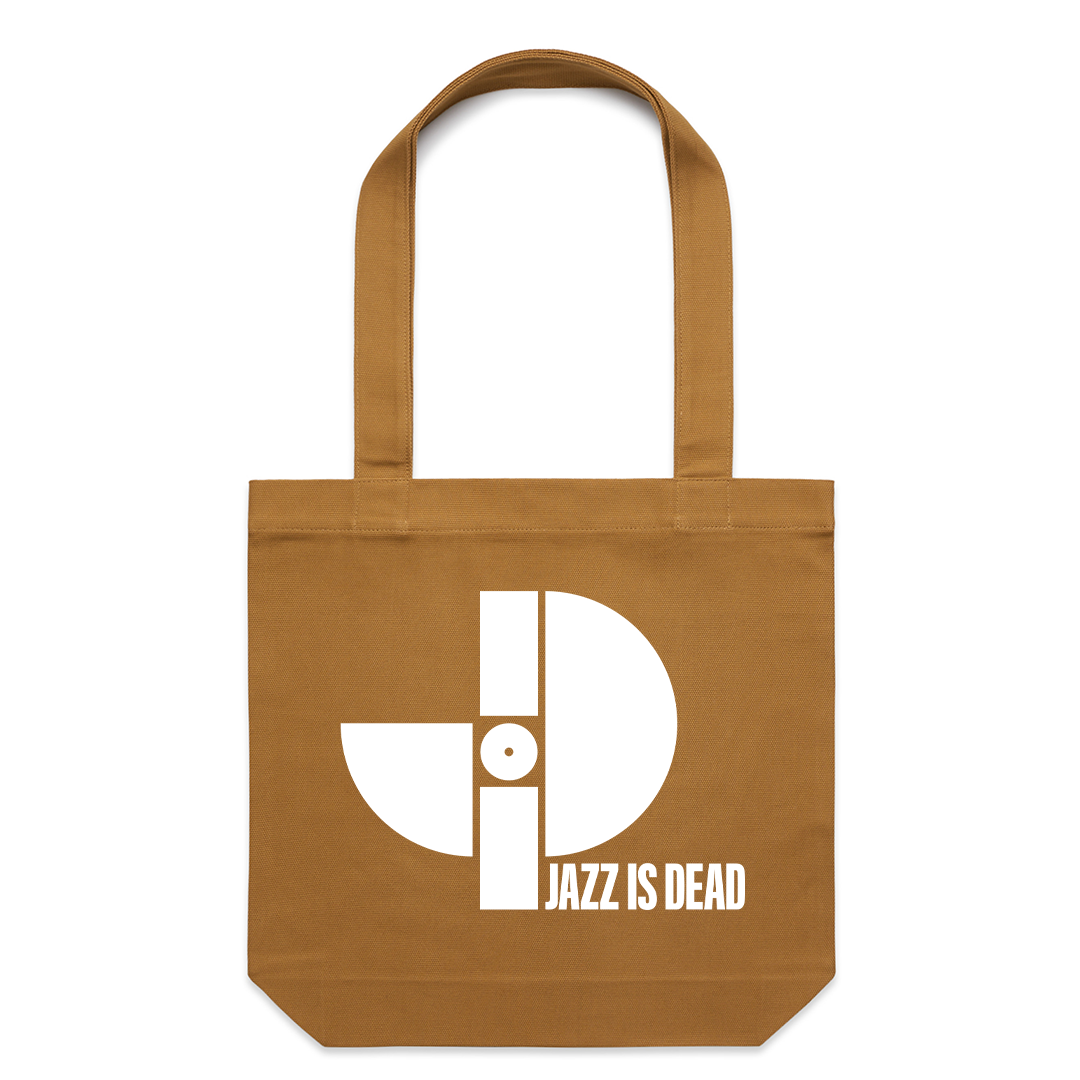EBO TAYLOR
Born in 1936, Ghanaian guitarist, composer, arranger, bandleader, and producer Ebo Taylor has been a vital presence in African music for more than half-a-century. During the early '60s, he was active in the influential highlife bands the Stargazers and the Broadway Dance Band whose singles were mainstays on national radio. In 1962 he took his Black Star Highlife Band to London and collaborated with other African musicians who were also in Britain at the time, including Fela Kuti. Back in Ghana, he worked as an influential producer, crafting recordings for Pat Thomas (his future collaborator) and C.K. Mann, among many others. During the '70s, his own musical projects combined traditional Ghanaian music with Afro-beat, jazz, and funk, creating a trademark sound as evidenced by the albums Ebo Taylor & the Pelikans (1976) and Twer Nyame (1978). In the '80s, albums such as Conflict Nkru! and Hitsville Re-Visited (co-billed to Thomas) by his Uhuru-Yenzu band delivered a rawer, more immediate sound. Over the next two decades, Taylor was a noted producer, arranger, and composer, working with Thomas, Mann, Gyedu-Blay Ambolley , Kofi Yankson, and dozens of others. He returned to performing live in the early 21st century after hip-hop producers began sampling his work. Soundways Records released the compilation Ghana Special. In 2010, Strut Records released Love and Death, his first internationally distributed album, followed by a series of catalog reissues and all-new recordings including 2018's Yen Ara.

Taylor was born in Ghana and grew up on the sounds of the wartime big bands. His father nudged him into music, by encouraging his son to learn to play the family organ. He caught the music bug and began studying guitar in school, coming under the sway of the emergent highlife movement. He would soon lead his first group, an eight-piece band named the Stargazers. In 1962, he departed his native Ghana for London to study at the London Eric Gilder School of Music. He explored jazz, funk, and soul alongside fellow student Fela Kuti and future Osibisa bandmembers Teddy Osei and Sol Amarfio. They indulged in endless jam sessions in jazz clubs off Oxford Street, after which Fela would often join Taylor in his flat in Willesden Junction. They would listen to jazz records for hours, analyzing the structure and chord progressions of Miles Davis and Charlie Parker. During his time abroad, Taylor founded the Black Star Highlife Band, which showcased one of his greatest contributions to highlife: His jazz-inspired horn arrangements.
After returning to Ghana, Taylor became an in-house arranger and producer for labels like Essiebons, working with other leading Ghanaian stars including Mann and Thomas. He was paid to write for them, play guitar on sessions, and supervise recordings. From the '70s through the '80s, Taylor cut a host of his own solo albums that offered idiosyncratic but very popular fusions of traditional Ghanaian sounds, Afrobeat, jazz, soul, and funk on albums such as My Love and Music, Twer Nyame, and Me Kra Tsie. His single "Heaven" from this period stands among the most revered Ghanaian Afrobeat tunes of the era. Taylor formed Uhuru-Yenzu in 1980 and released the albums Conflict Nkru! Nsamanfo: People's Highlife, Vol. 1, and Hitsville Re-Visited (the latter co-billed to Thomas). After the album Pat Thomas & Ebo Taylor in 1984, the guitarist stopped recording and touring and focused instead on producing, arranging, and composing for dozens of other artists.
